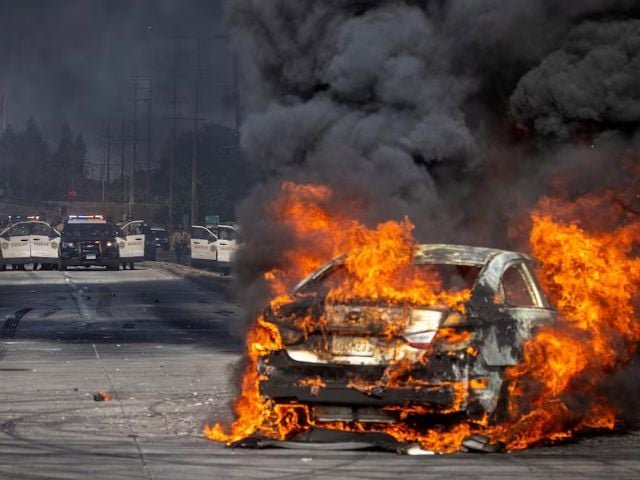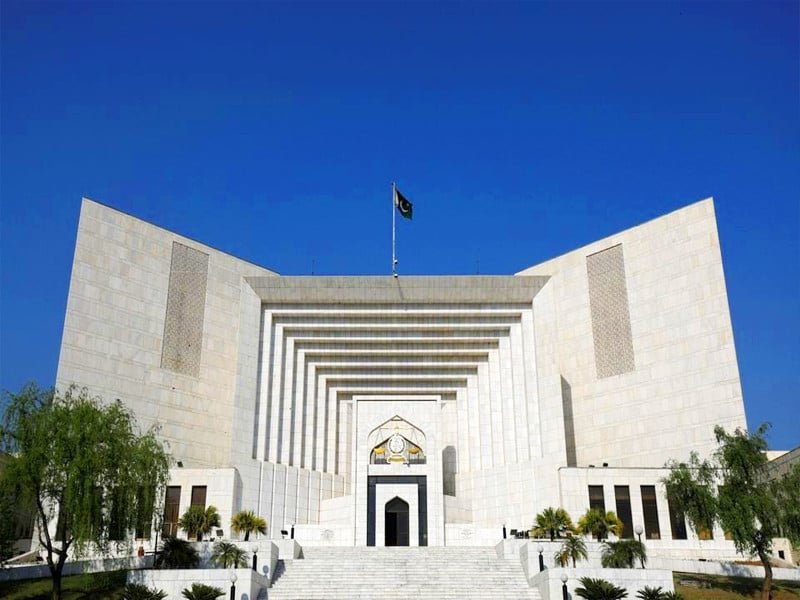The Fallout of Unnecessary Wars: A Call for Reflection and Responsibility
In recent years, the ramifications of geopolitical decisions have starkly illuminated the often unseen costs of war. The U.S. entry into conflicts without clear rationale, particularly under Trump’s impulsive leadership, raises questions about strategic foresight and global responsibility. With tensions escalating between Iranian and Israeli forces, and the ongoing strife in Russia and Ukraine, it’s worth pausing to consider what the real implications of these decisions are.
Israel’s response to threats has intensified, drawing civilians into a cycle of fear and displacement. Meanwhile, the Persian Gulf is on edge, with rising oil prices hindering any hopes of economic recovery. It’s a precarious situation for U.S. allies in the Gulf region, who’ve worked hard to maintain stability amidst chaos. The fruitless war might serve only to deepen animosities and sow discord across Asia, with little benefit for any involved parties.
What remains elusive is the tangible gain from military strikes, such as those against Iranian facilities. While the effectiveness of advanced weaponry is often touted, the truth is that the knowledge of actual damage rests with the nations directly involved. Furthermore, the international community is rightly concerned about Iran’s nuclear ambitions, reaffirming the importance of treaties aimed at preventing proliferation.
The need for a cooperative rule-based international order is paramount. The recent unilateral actions from powerful nations challenge the very foundations of these agreements. History shows that arrogance and disregard for international norms can lead to catastrophic consequences. With civilizational tensions on the rise, understanding and respect must replace aggression if we hope to avoid conflict.
It’s comforting to note the recent ceasefire, which perhaps mitigated a steep descent into an unstoppable war. For a moment, the world stood at the brink, reminiscent of historical turning points. As leaders navigate these tumultuous waters, lessons must be learned from both setbacks and victories. States must prioritize building relationships based on mutual respect rather than aggression.
As we reflect on these dynamics, it’s crucial for nations like Iran and Israel to engage collaboratively, ensuring their acts reflect a commitment to global stability. The dignity of all peoples involved, especially those in conflict zones like Gaza, must be recognized. Fairness and justice should guide our shared path forward.
At the end of the day, every conflict teaches vital lessons about humanity’s strength and resilience, but the focus should be on constructive engagement rather than military might. As we navigate these heavyweight issues, let’s advocate for a peaceful dialogue grounded in the principles that bind us together. Learning from these complexities can help forge a more harmonious future.
For those looking to further engage in discussions about global responsibility and solutions, connecting with organizations like Pro21st can foster deeper understanding and collaborative efforts. Together, we can explore the pathways to a more peaceful world.
At Pro21st, we believe in sharing updates that matter.
Stay connected for more real conversations, fresh insights, and 21st-century perspectives.





